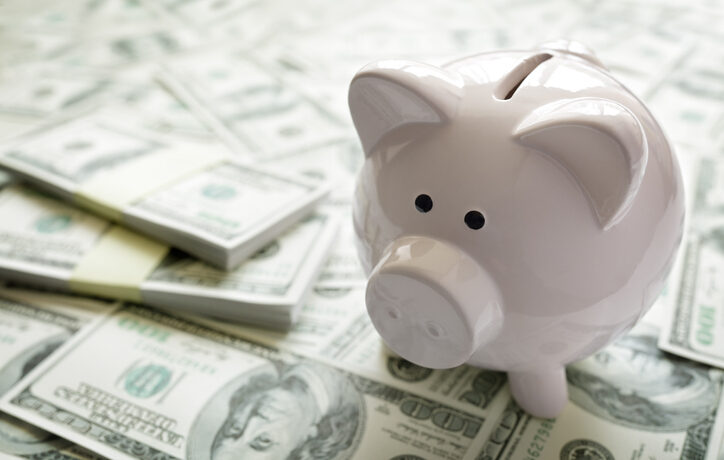(WHTM) — Sometimes our lives don’t go according to plan.
Things like urgent house repairs, health emergencies, or layoffs at work can change your financial situation in an instant.
That’s why it’s important to set money aside for when you need it.
If you’re hit with large, unexpected costs or if you lose your job, do you have money set aside?
If the answer is no, it may be time to start an emergency fund.
“It gives you that extra financial security and it can often help you avoid turning to credit card debt or something else that has a high interest rate. So it’s really a safety net,” Kimberly Palmer, a personal finance expert at NerdWallet said.
Palmer says that most financial advisors recommend having three to six months’ worth of expenses saved– just in case.
“But that’s a really overwhelming and even impossible for a lot of people. And so even if you aim for a lower amount, for example, $500, that can really help you and be critical to getting through an unexpected crisis or when you suddenly have less income than you had anticipated,” Palmer said.
Palmer says the key to building an emergency fund is to break it down into smaller, more attainable steps.
You can start by setting monthly goals to build positive momentum.
Next she says to set aside a little bit of money every week.
“For example, skip take-out, anything that helps you cut back and then put $10, $20 as much as you can aside each week. And slowly you can build that up,” she said.
If your employer offers direct deposit, Palmer suggests automatically routing a portion of each paycheck into your emergency savings account.
“That way you know that it’s growing and it’s happening even without you having to actively manage it,” she said.
Another way to automatically save is to use mobile apps that round up purchase amounts, transferring the change from your transaction to your emergency fund.
Palmer says you can save even more if you store that money in a high yield bank account which will accrue interest.
“So it’s not just sitting there, it’s actually growing and it’s also safe,” Palmer said.
Also important to point out, having money stashed away is much better than relying on credit cards in an emergency. Not only does that produce debt, but the interest rates make it even harder to pay down the balance.
Even more drastic, maxing out your credit card can cause your credit score to drop substantially.















